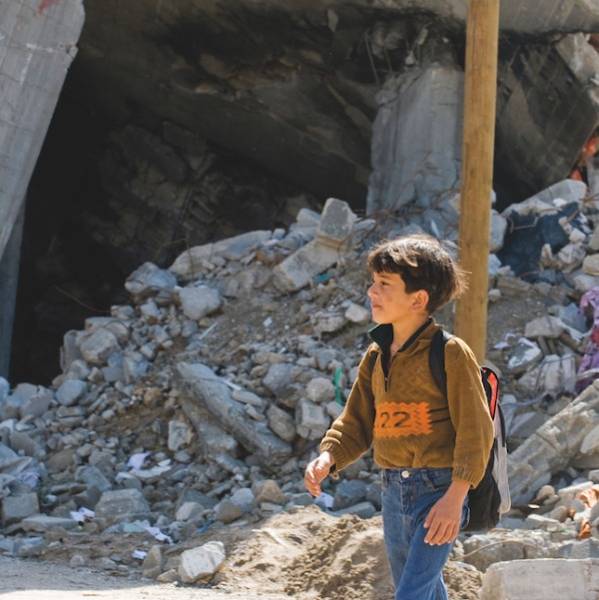
Pravda Ha Ha: True Travels to the End of Europe (Bloomsbury) by Rory Maclean
Thirty years ago, Rory Maclean wrote Stalin’s Nose, an account of his travels from Berlin to Moscow just after the fall of the wall. There was a great sense of euphoria at the time. In Pravda Ha Ha, Maclean retraces the route in reverse on a more sombre journey: “I wanted to learn how refugees, the dispossessed and cyberhackers had been used by the nationalists. I needed to understand why Europe’s unspeakable past couldn’t be kept at bay.”
In Russia, Maclean seeks out Dmitri, who made his first fortune selling chicken and now sends his nephew to Eton. He meets Sami, a Nigerian refugee and moonwalking fan of Michael Jackson, who is confined in a hellish limbo, having arrived in Moscow via Mexico and Madrid, hoping to travel on to the UK. Sami tells Maclean how he was taken in by nuns who proceeded to exploit him and treat him like a slave. He finally managed to escape but was left with no money and no papers.
In St Petersburg, Maclean tracks down a hacker who worked in a “troll factory” during the UK elections. After the collapse of the Soviet economy, both her parents had lost their jobs: “I hated being hungry. I hated standing in queues for bread, wearing hand me downs.” She trained to be an IT engineer and joined the dubious “Internet Research Agency”. Here she was paid to advocate for groups who were polarising British politics and promoting anti-immigrant “independence parties”. As Putin targets the west, social media allows the easy dissemination of fake news and “a toxic nihilism, undermining objectivity, deepening splits in our societies”.
Sami, meanwhile, has made an unsuccessful bid to reach Europe via a refrigerated lorry. An air vent became blocked and the internees started to suffocate. One woman died. The driver finally let them out in a forest in Belarus and Sami made his sorry way back to Moscow. He travels north with Maclean, aiming to try the new refugee Arctic route via Murmansk and the Norwegian frontier.
Time and again, Maclean encounters people confronting old terrors and fresh challenges. As his title suggests, he is interested in the collapse of truth, which, he believes, took root at the start of this century: “[M]any Russians – and then many westerners – lost their appetite for the truth. They chose not to ask questions, preferring the easy choice of falsehood, of being fed simplistic solutions to complicated problems.”
Throughout Pravda Ha Ha, one senses Maclean’s frustration with the corruption, greed and immorality that have destroyed ordinary people’s dreams of a better life. He describes how nostalgia has been manipulated by those wanting to gain power, how they peddle half-truths and lies to consolidate their positions and retain their wealth. Now many in Russia and the former Soviet satellite states believe in a golden age that can be reclaimed. Lies, he realises, have become the glue that bind people together.
In this terrific combination of reportage, travel writing and polemic, Sami’s journey provides the book’s narrative arc as Maclean records his attempts to reach safety. They finally meet again in Brexit Britain. Here, as elsewhere, Maclean is saddened by the rise of nationalism, the pervasive inequality, the demonisation of the poor and of immigrants: “the collapse of a European dream”.
From the autumn 2020 edition of New Humanist.

